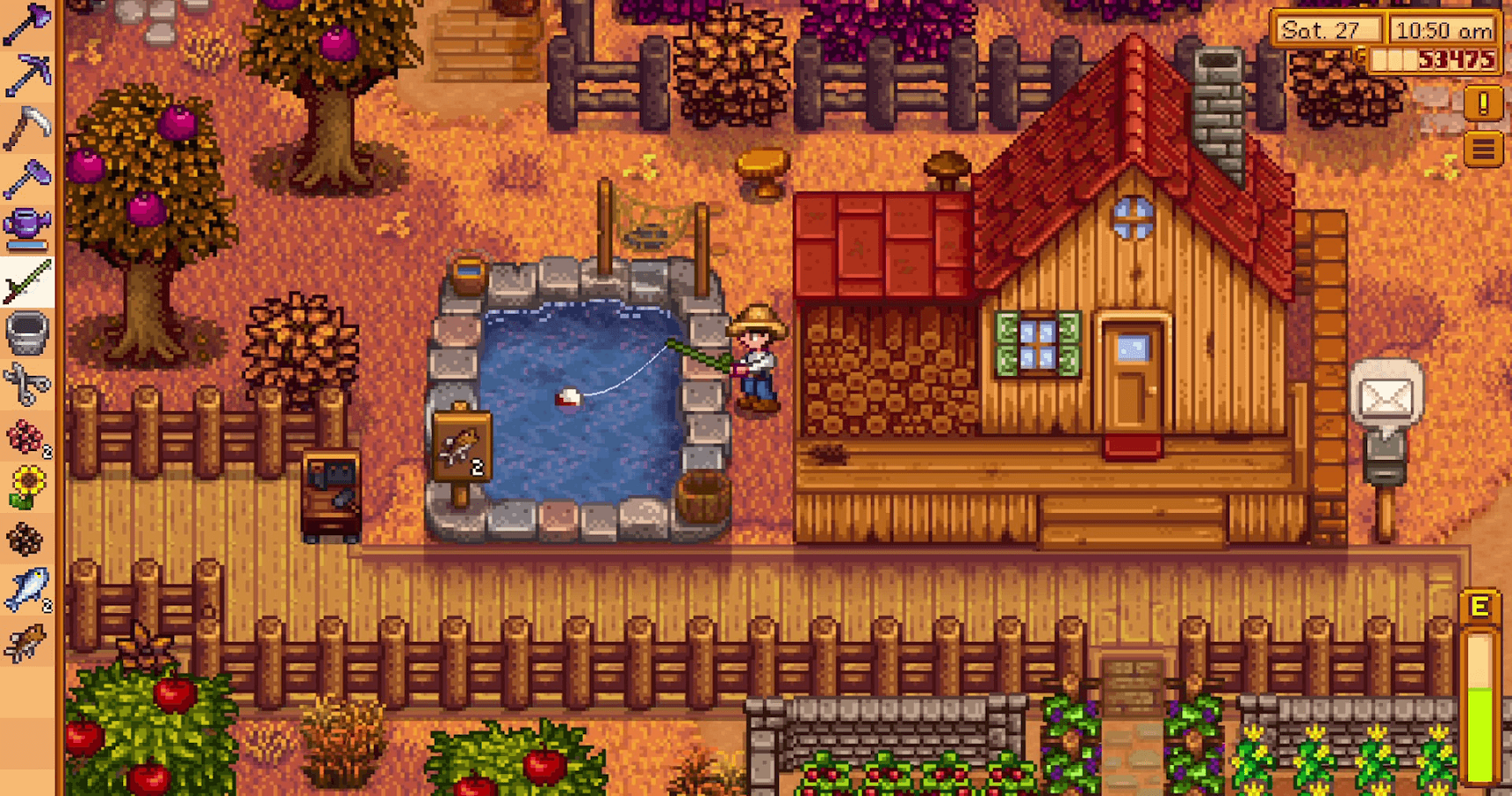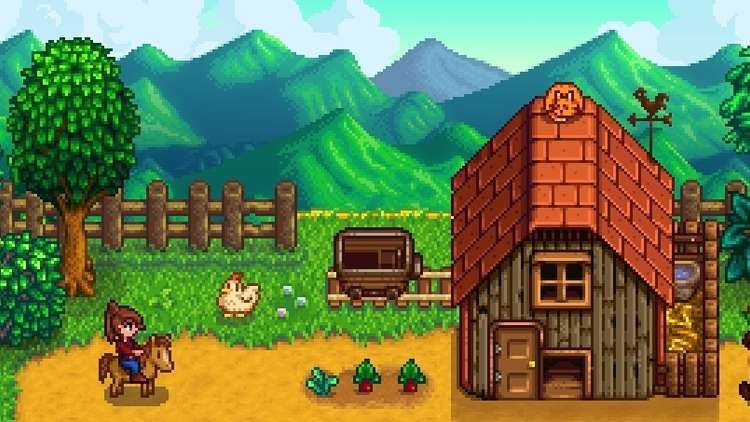Despite having written before about how games can have a positive influence on mental health, I didn’t grasp the full effects of this until recently. It’s been clear for a while that numerous games can be beneficial, especially for people who struggle with anxiety. Stardew Valley, Animal Crossing, and The Sims are only a few examples of games that many will point to and describe as calming. I was in this camp too, but I hadn't realized that playing Stardew Valley before I’d go to sleep was providing more benefits for me than I thought. It was only when I stopped playing the game for several weeks that it hit me.
If you’ve struggled with mental health issues, I’m sure you understand the feeling of everything—and I mean everything—becoming too exhausting. Even if its something as simple as playing a relaxing video game that you love. Suddenly, it starts feeling like a “task,” instead of a helpful tool or something fun. This was my experience in recent weeks, and given that I was required to play other games for my job, keeping up with Stardew Valley at night just started to feel like too much. This had me questioning a previous article I’d written about video games that are helpful for anxiety. How helpful could they really be if, just like everything else, they started to feel like a chore?
But as the weeks passed and I did not re-open Stardew Valley, I noticed that my disdain for nights was increasing. Every night, it took me longer to fall asleep than the last, and I couldn’t piece together why that was the case. It was only today that I realized Stardew Valley had more influence on my mental state than I had originally given it credit for. While I had obviously assumed that the benefits of playing the game were nice relaxing music, peaceful farming, and conversing with neighbors, I actually realized that the biggest benefit I was getting from Stardew Valley is that it was a chore, in a way.
How is that a benefit? I’m not sure if you’ve ever reached the spot before where you feel like you’re going nowhere and accomplishing nothing with your life, but I’ve hit that point quite a few times, and I don’t doubt I’ll experience it again. When this happens, small accomplishments are everything. Though Stardew Valley is calming and a definite aid with anxiety, it actually served as a countermeasure to depression issues for me. See, I may not have been able to accomplish much during given days in real life, but if I could at the very least water my crops before going to sleep at night, that was something to feel good about. Instead of thinking, “wow, look at all the nothing I did today” as I laid in bed trying to sleep, I’d be thinking, “just a couple more days until this produce can be harvested” or “alright, I managed to get Shane another gift today, so pretty soon he’ll actually like me.”
It’s not to say that video games should replace real life accomplishments, but Stardew Valley was a reliable crutch that prevented the downward spiral that would happen in my mind at night without it. And though Stardew Valley is the example I’m using here, I’m positive that this experience is not limited to this game in particular. Playing (and then temporarily leaving behind) Stardew Valley showed me that even when life was going well, video games could act as an aid to prevent my mindset from wandering into a darker place. Don't ever let someone tell you that video games can't have a positive impact on mental health.


